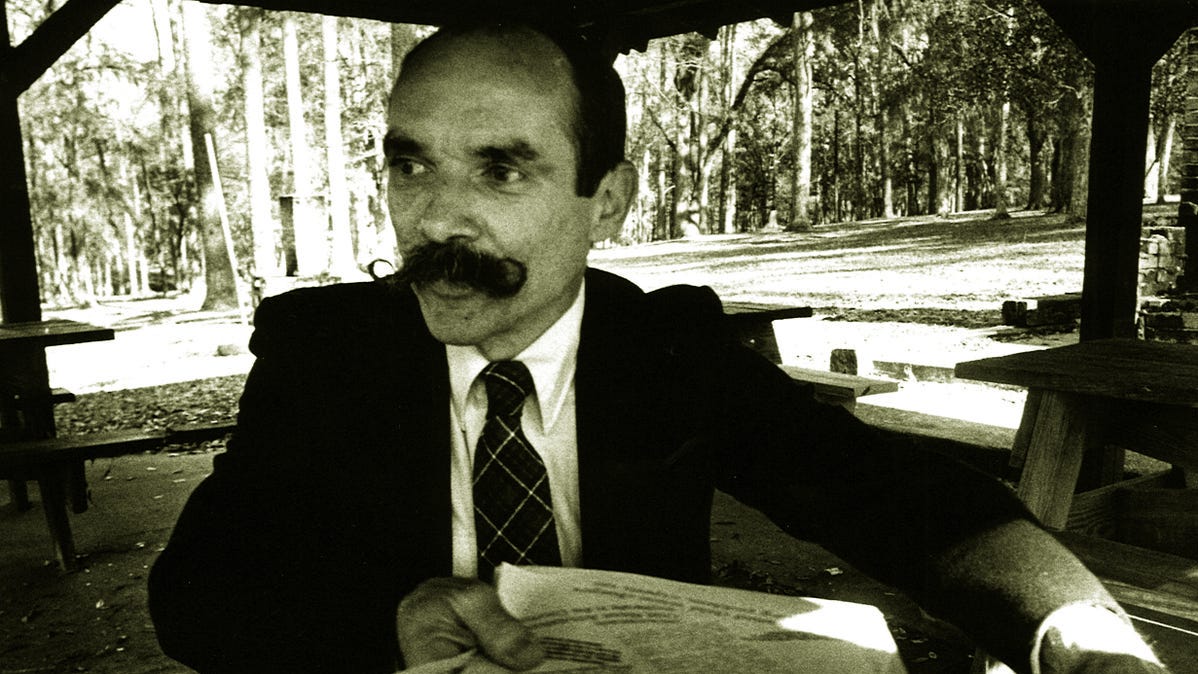The Finders: A Social Experiment
Time to get pedagogical
The Finders was an intentional community based in Virginia and the Washington, D.C. area beginning in the 1970s. We've covered this group a bit in the past, mostly its enduring role in conspiracy culture. The Finders were much more than victims of the Satanic Panic, however. In this article, we'll look at the group's lifestyle of social experimentation.
In 1971, Robert "Tobe" Terrell was an accountant who specialized in tax shelters. To find clients, he put an ad in the Washington Post that said: "Your ideas, my money," and a phone number. Through some investments, including real estate, cable TV, and oil drilling syndications, Terrell had made enough money to retire at the age of 35. “I was not shrewd,” he clarifies when I ask him about this. “It was pure luck.”
He may have been financially secure, but he wasn't fulfilled. "I had done everything that I had been programmed by my culture to do," he says, looking back.
Through a colleague in real estate development, Tobe met a man named Marion D. Pettie and the circle of people who surrounded him. At the time, they were living in a home at the corner of Wisconsin Avenue and Newark Street in Washington, D.C. Pettie called this the New Ark. "This was the beginning of a commune" that would eventually become known as The Finders, Tobe says.
Tobe was a CPA. He had worked for the IRS for nine years. He had a family. None of these were compatible with where he was headed, however.
According to Hindu teaching, life happens in four phases.
The student stage of life, Brahmacharya, lasts until you're roughly 20 years old.
During Grihastha, or the "householder" stage, you're encouraged to be a productive member of society, producing and distributing wealth while enjoying family life.
Vanaprashta begins once you've fulfilled your commitments to your family. Traditionally, when people reached this stage in their spiritual journey, they would travel to the forest, where they'd search for enlightenment. These days, they can opt to remain at home, concentrating on charity and other selfless tasks.
Renunciation is the focus of the fourth step, Sannyasa. After you've fulfilled all of your previous responsibilities, it's time to free yourself from the cycle of repeated birth, mundane existence, and death.
"I think this was the end of my householder phase," Tobe says of moving in with Pettie and the others. "My kids had reached adolescence, and they didn't really need a rigid, accountant-minded guy to tell them what to do. It was better for me not to be there."
Paid subscribers continue reading below. Everyone else, check out this post at the Failed State Update website.
Keep reading with a 7-day free trial
Subscribe to Failed State Update to keep reading this post and get 7 days of free access to the full post archives.


